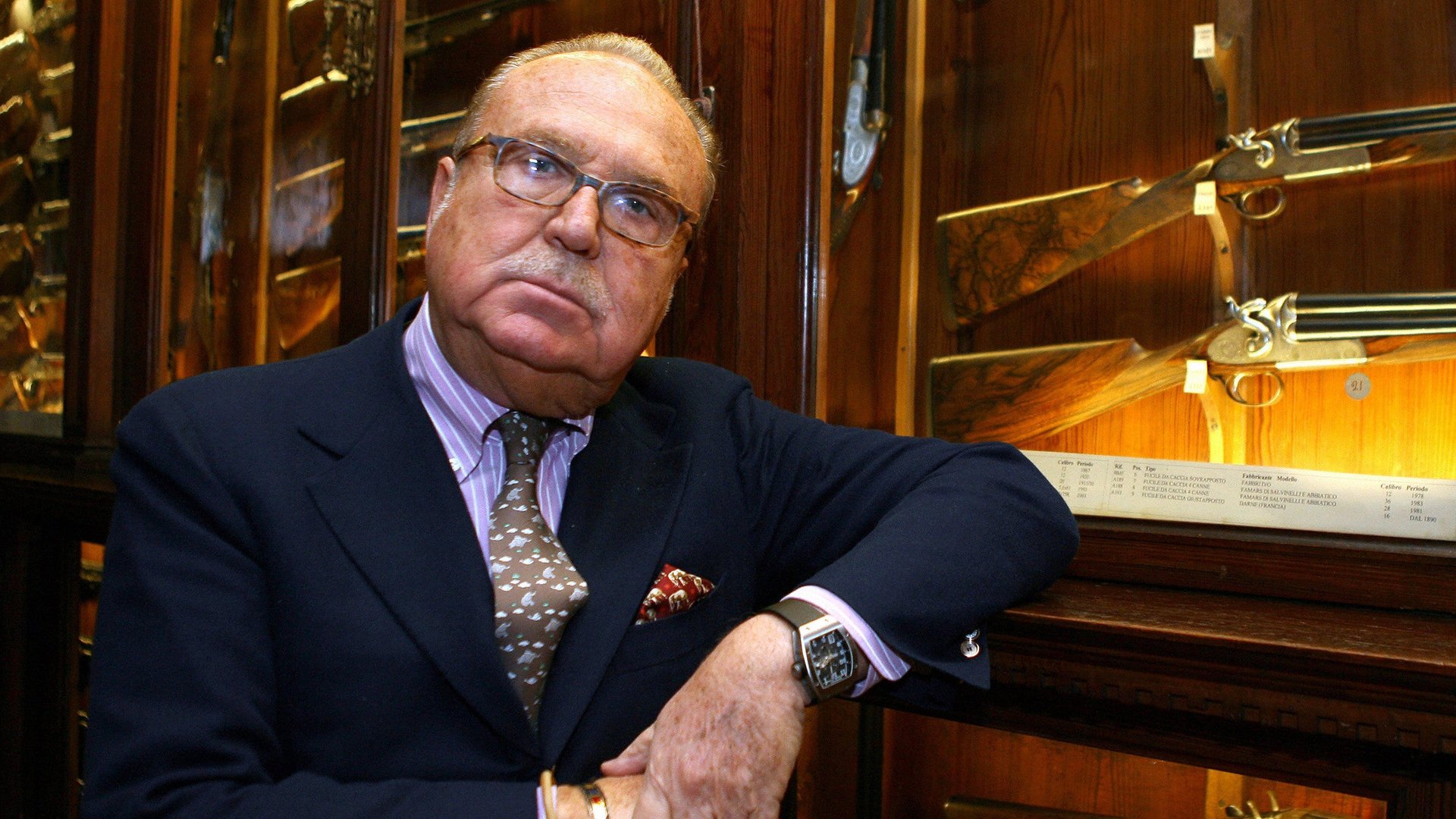Beretta’s president assumed it was “common sense” to ask buyers why they want lots of guns
A trove of previously hidden testimony from gun manufacturing executives has revealed an industry generally uninterested in helping trace firearms used in crimes. That’s not so surprising. What’s a little more surprising, in the case of the Italian gunmaker Beretta, is an admission that gun safety policies the industry has fought in the United States are simply “common sense.”


A trove of previously hidden testimony from gun manufacturing executives has revealed an industry generally uninterested in helping trace firearms used in crimes. That’s not so surprising. What’s a little more surprising, in the case of the Italian gunmaker Beretta, is an admission that gun safety policies the industry has fought in the United States are simply “common sense.”
A 2005 US law protects gun makers from lawsuits attempting to hold them liable for gun crime, but the New York Times obtained testimony that gun-company executives gave in a series of lawsuits before the ban. The most telling commentary on US gun laws came from Beretta’s president, Ugo Gussalli Beretta. The Times writes:
His testimony indicated that he did not understand how easy it was to buy multiple guns in the United States, compared with his home country. Questioned by a lawyer for the Brady Center to Prevent Gun Violence, he said he believed — incorrectly — that Beretta U.S.A. had a policy requiring its dealers to first determine if there was “a legitimate need” for someone to buy so many guns.
Asked why he thought that, Mr. Beretta replied, “Common sense.” Because the testimony came in the context of high-stakes litigation, it is difficult to tell how much of it reflected a studied attempt to avoid liability or a fundamentally laissez-faire attitude toward the firearms trade.
While the company’s current US general counsel downplayed the comments as a misunderstanding, Beretta’s assumption has been seized as an indicator of the outlying nature of American gun rules by safety advocates. By and large, other executives rebuffed suggestions that they should help authorities trace sales of weapons used in criminal activity, eventually leading to the 2005 immunity law.
One company that sought to get ahead of safety concerns was Smith & Wesson, the American gunmaker, which in 2000 began forbidding the sale of its weapons at gun shows, where background checks aren’t conducted on potential buyers. The documents reveal that other gunmakers colluded to pressure Smith & Wesson to change its policies. In 2001, when new owners purchased the company, it ended the new safety measures in an attempt to “be an active part of the industry again.”